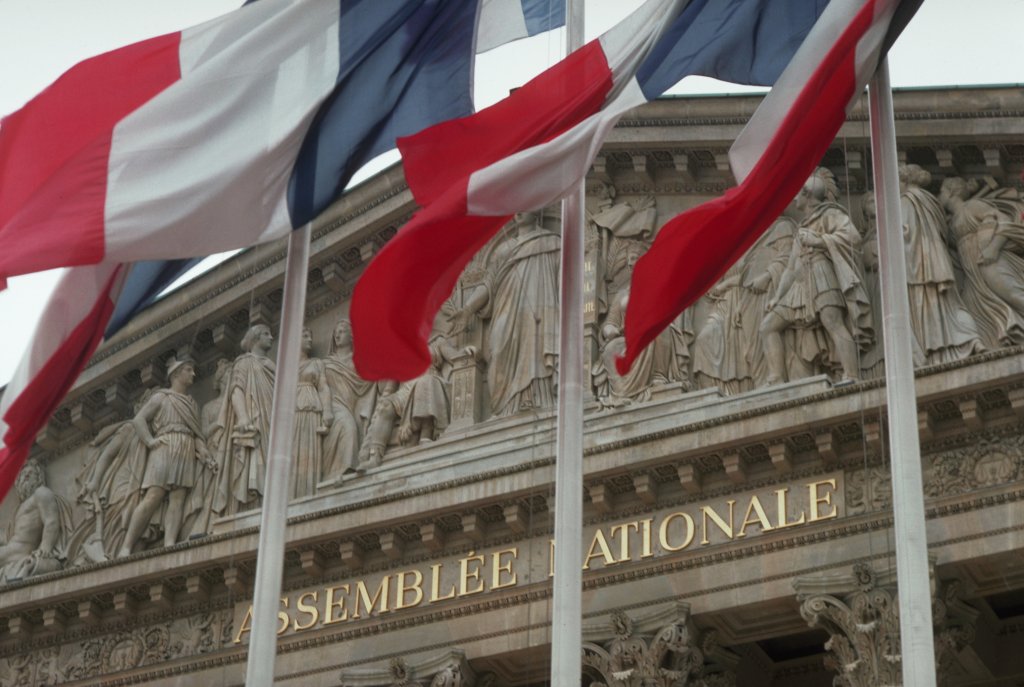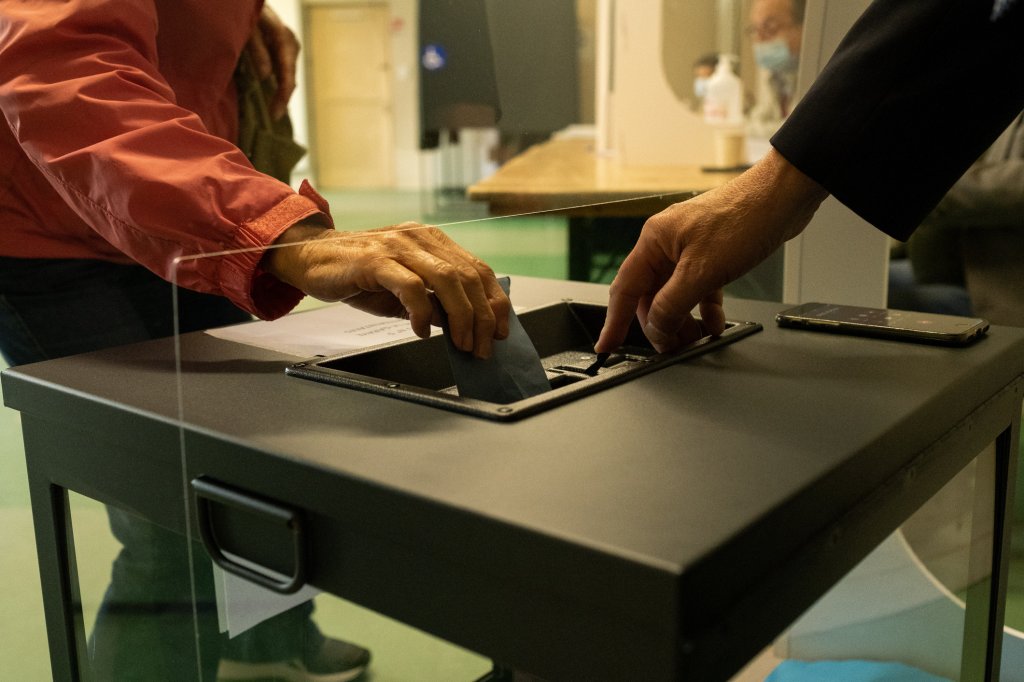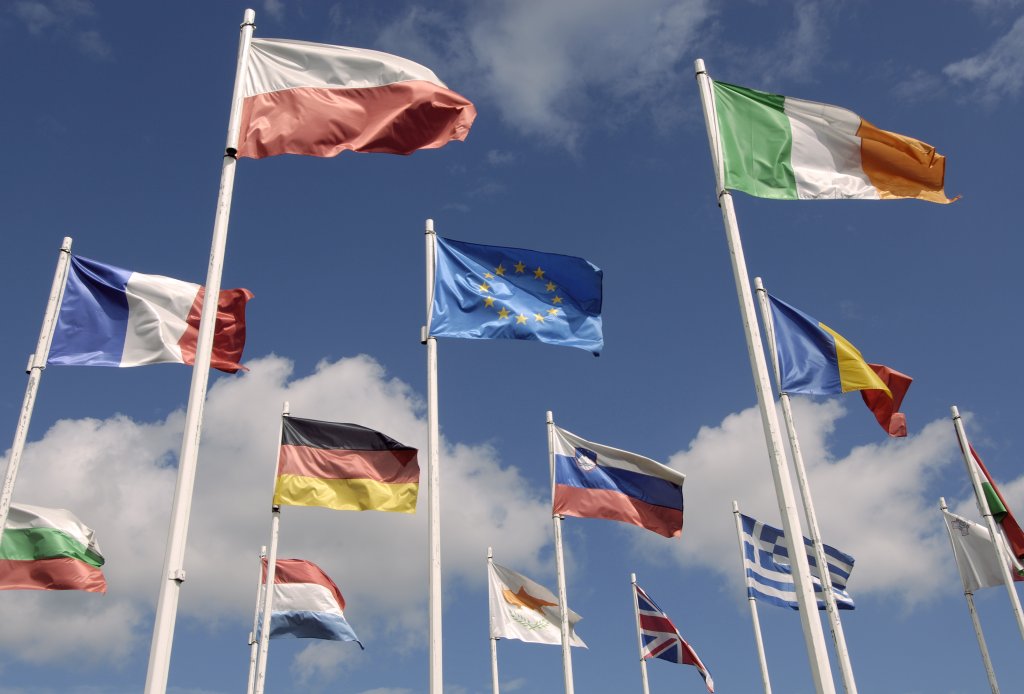A bad night for Emmanuel Macron
The French President’s centrist alliance has lost its parliamentary majority, just two months after his presidential election victory. His government will now find it very difficult to pass legislation. Not since 1988 has a sitting French president only had a relative majority, meaning that, with his 245 seats, he will have the biggest group in parliament, but this falls far below the threshold of 289 seats needed for a ruling majority.
Expect lengthy and difficult negotiations to define this parliament
This result is likely to lead to weeks of negotiations as President Macron seeks allies from rival parties to guarantee an absolute majority. The results could effectively mean parliament will be paralyzed, and Mr Macron will struggle to pass legislation. With such divisions, collaboration is likely to be on an ad-hoc basis, meaning lengthy negotiations over legislation, and unstable agreements. The government can use a controversial tool allowing it to pass legislation by decrees (article 49.3) but given that its extensive use during President Macron’s first term was often criticized on democratic grounds, it is unlikely to be used so readily now.
Left does well, but far-right big winners on the night, finishing second and third respectively
The NUPES, composed of the far-left The France Unbowed, the Greens, the Communists, and the Socialist Party, becomes the parliament’s largest opposition party with 131 seats. The far-right National Rally (RN), with 89 seats, recorded an unprecedented showing compared to the 8 seats they won in 2017. It means the so-called “republican front” that has historically encouraged voters to vote for “anyone but the far-right” has failed. It was yet another bad night for pollsters too, who greatly underestimated the share that Marine Le Pen’s RN would achieve.
Fourth-placed Republicans could be kingmakers but remain divided on strategy
The conservative Les Républicains won 61 seats, and are a potential coalition partner, but party chairman Christian Jacob said “We’ve campaigned in opposition, we are in opposition, we’ll stay in opposition.” However, divisions exist within the conservative camp, with former minister Jean-François Copé arguing that an alliance with Mr Macron was vital to “confront the rise of the extremes.” The President’s grouping and the Republicains are expected to co-operate in several policy areas – for example on increasing the pension age to 65 – but this support won’t come cheaply for Mr Macron. A further concern for the French President is that by forming an alliance with the conservative Republicains, his centrism will increasingly look right-wing, further riling a resurgent left.
Voters stay away as political dissatisfaction bites
This election returned the largest abstention rate in French parliamentary election history. Less than 50 per cent of voters (46,23%) exercised their voting rights. The record low turnout further weakens the government’s hand, with 37 percent of people who voted for Emmanuel Macron in the first round of April’s presidential election choosing to abstain in Sunday’s election, according to IPSOS pollster Brice Teinturier.
Immediate government reshuffle needed after big names lose their seats; Prime Minister Borne under pressure
The elections have led to a government reshuffle, with Minister for Ecological Transition, Amélie de Montchalin, Minister of Health, Brigitte Bourguignon and Secretary of State for the Sea, Justine Benin all having to resign after they failed to be elected as MPs. Conversely, Prime Minister Borne and Europe Minister Clement Beaune narrowly managed to win their seats – respectively 52,4 per cent and 50,7 per cent. However, given the group’s poor showing nationally, the opposition – both far-left and far-right – are already asking for Prime Minister Borne’s resignation. In the next few days, Macron will have to decide whether to maintain his confidence in his only-recently appointed Prime Minister.
A weakened but consistent France in the EU
The outcome of this election inevitably weakens President Macron’s position in the EU. However, by managing to avoid the political cohabitation between Macron and a far-left Prime Minister predicted by some, France’s position with respect to the EU and its foreign affairs agenda should remain largely unchanged. That consistency of message coming from Paris will reassure European counterparts facing crises both at home and abroad.
Constrained at home, Macron will turn his attention to the international stage
On the domestic side, Macron is now unlikely to be able to deliver on his campaign promises. His focus is therefore likely to shift even further towards foreign affairs. French presidents enjoy significant autonomy in this area, and we can expect Mr Macron to try and solidify his reputation as a global leader on the international stage.
Early elections?
A minority cabinet or coalition government is an unusual scenario for modern-day France. The Fifth Republic was designed to avoid unwieldy coalitions, and political compromises are not in the DNA of French politicians. Thus, the possibility of early elections is real. The way forward will depend on the choices made by the Republicans, and on whether alliances can be found on key files. Should there be legislative gridlock, Macron would have no choice but to dissolve the National Assembly and call early elections. The Constitution permits this via Article 12. However, the amount of time that must pass before a new election can be called is a matter of debate among constitutional experts. Some believe that a fresh election can be called immediately, while others say the President must wait one year after the last election. However, it is unlikely that President Macron will chooses to dissolve the National Assembly right away as this would be dangerous. If he decides to take this path, he is likely to wait for another year.







